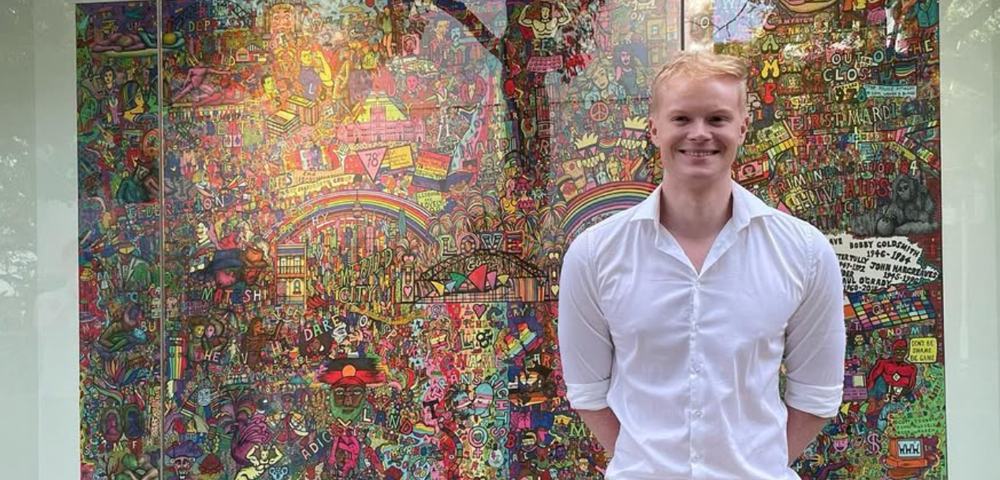OPINION: Homosexuality, Psychiatry, and Mental Illness

 I write in response to Fred Nile’s claim that homosexuality is a “mental disorder”.
I write in response to Fred Nile’s claim that homosexuality is a “mental disorder”.
European psychiatrists first began classifying people according to observed sexual orientations around the 1870s. Same-sex practices such as sodomy, using sex toys, mutual masturbation, taking place in private or public spaces where people of similar tastes could meet (bath houses, public urinals, brothels, salons) had existed before, but psychiatry focused on perceived aberrations of the sexual impulse and helped construct the kind of people they thought committed these acts. When men enjoyed sex with men, it was not only the act that was punished; the person was fixed to a psychiatric diagnosis: homosexual. Homosexuality and other forms of pleasure that “deviated” from potentially reproductive sexual acts, such as sadomasochism, were assumed to be mental illnesses because they turned away from some “normal” function of the sexual instinct – despite the fact that everybody knew that even the most chaste, heterosexual sex was usually performed for pleasure and not procreation. By isolating these new sexual species, psychiatry framed some kinds of sexual pleasure as normal, and some abnormal.
Having established homosexuality as a mental illness, psychiatric treatments – psychoanalysis, hormonal therapies, castration, particularly disgusting forms of aversion therapies that amounted to psychological torture through sleep deprivation, emetic medicines, and a total control of the homosexual “patient” – were employed. Much criticism has been made of these barbaric practices by historians. Concurrently since the 1870s, a homosexual rights movement formed, occasionally using scientific knowledge about homosexuality being a part of nature to fight against legal prohibition. This use of sexology by homosexual intellectuals was also levelled at the moral arguments that were raised about sanctioning love between people of the same sex. Social changes in the 1960s meant that many groups were able to express their views – and their sexualities – in opposition to their oppressive experiences. This is how legal, medical and psychiatric control of homosexuals was resisted.
In 1973, the American Psychiatric Association removed homosexuality from its Diagnostic and Statistical Manual, in part because of gay political agitation, and also because the “therapies” that had been used to “cure” homosexuality were deemed failures. Torturing gays was not working to prevent same-sex attraction any more than incarceration was. Social change, combined with changes in psychiatric knowledge, have meant that homosexuality is no longer considered a mental illness, or an aberration in society, except in decreasing homophobic quarters. Recently, the British Psychological Association strengthened its opposition to any forms of gay “conversion therapies,” thus emphasising the view that alternative, non-heterosexual sexualities are not signs of mental illness.
Sorry Fred, that argument against equal LGBTQI rights doesn’t work.
Ivan Crozier is an historian of psychiatry at the University of Sydney.






